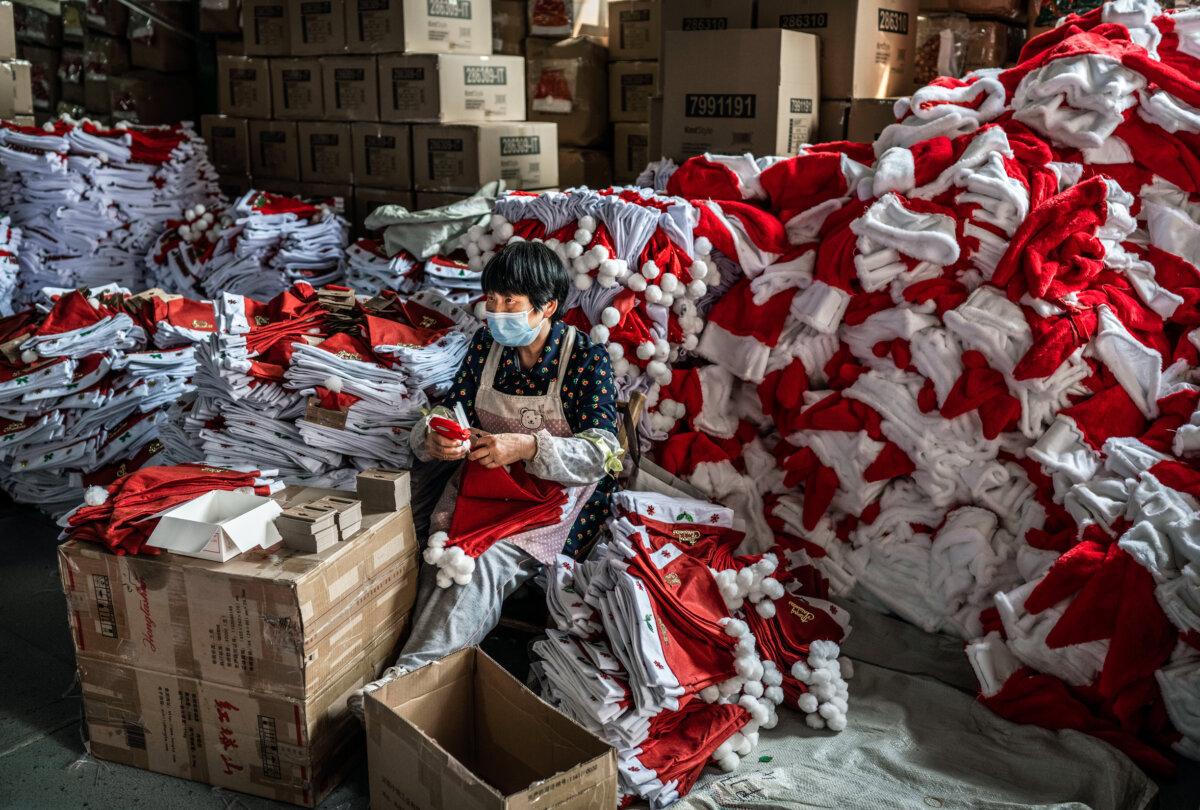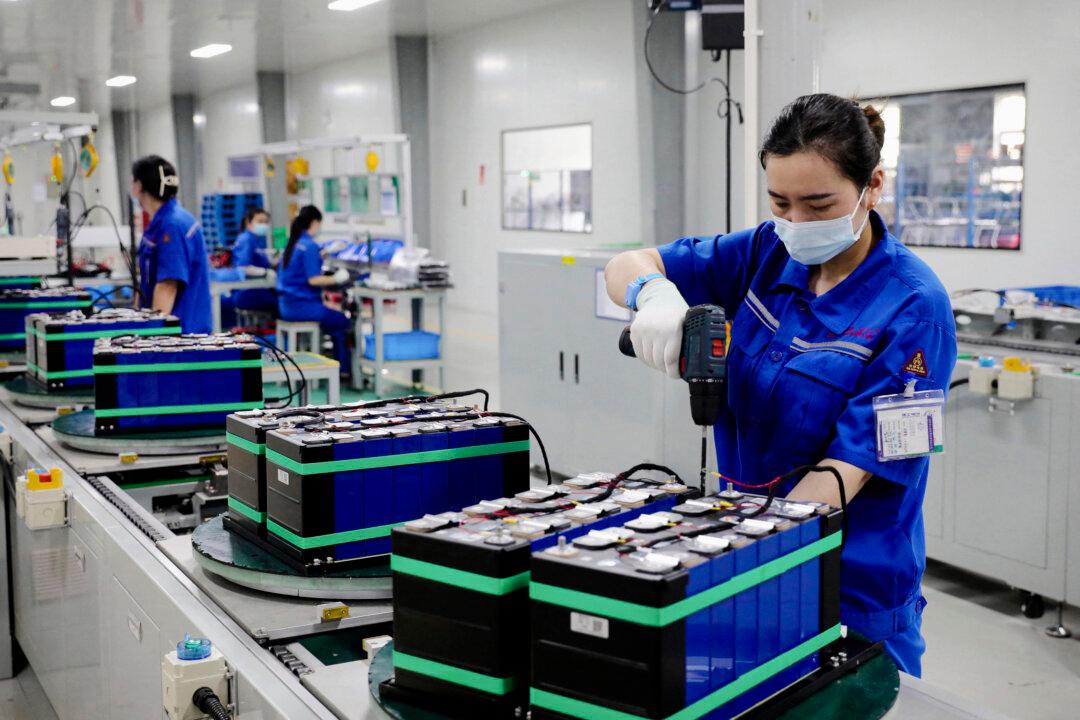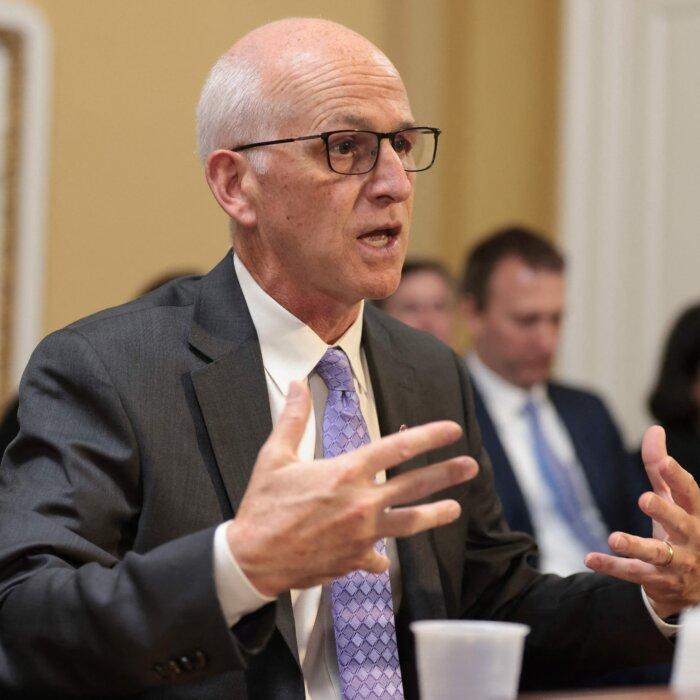The Chinese communist regime’s draft revision of its Foreign Trade Law was sent to the Standing Committee of the National People’s Congress for review on Sept. 8, amid rising trade tensions with the West.
The revision of the “Foreign Trade Law” contains 11 chapters and 80 articles and would strengthen China’s trade countermeasures, allowing trade bans or restrictions on foreign individuals or organizations deemed a danger to China’s sovereignty or security, according to state media outlet Xinhua.
It aims to legalize countermeasures that Beijing will take in future trade conflicts, while weaponizing law to further control ordinary Chinese citizens and private enterprises, according to analysts.
The draft law also explicitly states that no individual or organization may provide “support, assistance, or facilitation” for circumventing such countermeasures.
The legislative purpose stated in the draft revision is “safeguarding national sovereignty, security, and development interests.”
China’s ruling Communist Party’s attempt to amend the Foreign Trade Law comes as China’s economic growth continues to slow, weakening export growth because of tariff frictions and a decline in foreign investment inflows.
“This is a political declaration, not mere economic governance,” U.S.-based independent economist Davy J. Wong told The Epoch Times.
Wong said the Chinese Communist Party (CCP) is using the law as a means to further extend its power in the trade wars with the West.
“By codifying all countermeasures before international conflicts escalate further, it can label almost any act as ‘illegal’ and punish it at will. Legal provisions are not norms but ‘pocket crimes,’ ready to be invoked at will,” he said.
“It is the militarization of the legal system.”
In the draft revision, the authorities emphasized that foreign trade must “serve the overall national economic and social development.”
U.S.-based China observer Wang He told The Epoch Times that he believes this statement in the draft revision implies the Chinese regime’s deeper considerations regarding foreign exchange controls.
Many private Chinese foreign trade companies choose to retain their foreign exchange earnings overseas because of concerns about the stability of the RMB exchange rate and low domestic deposit rates, Wang said.
“So, this time, the CCP amended the Foreign Trade Law by adding this clause,“ he said. ”In the future, it will use it to force companies to convert foreign exchange into RMB [to replenish the regime’s foreign reserve].”

As for the potential effect the draft revision could have on China’s exports if it passes, Wong said it may serve as a deterrent in the short term and amount to self-isolation in the long run.
“International clients will worry that suddenly they will be on a blacklist; private Chinese exporters will become more cautious, fearful of crossing an ill-defined red line in any foreign partnership,” he said.
“Domestically, the private sector will be less willing to take risks, society will live in constant anxiety, and market trust will collapse.”
Internationally, foreign investors will be even less inclined to remain, as the regulatory environment itself becomes an uncontrollable risk. Institutionally, as the CCP leans ever more heavily on “legal weaponization,” its laws will eventually become internationally disregarded and domestically feared “tools of coercion rather than justice,” Wong said.






